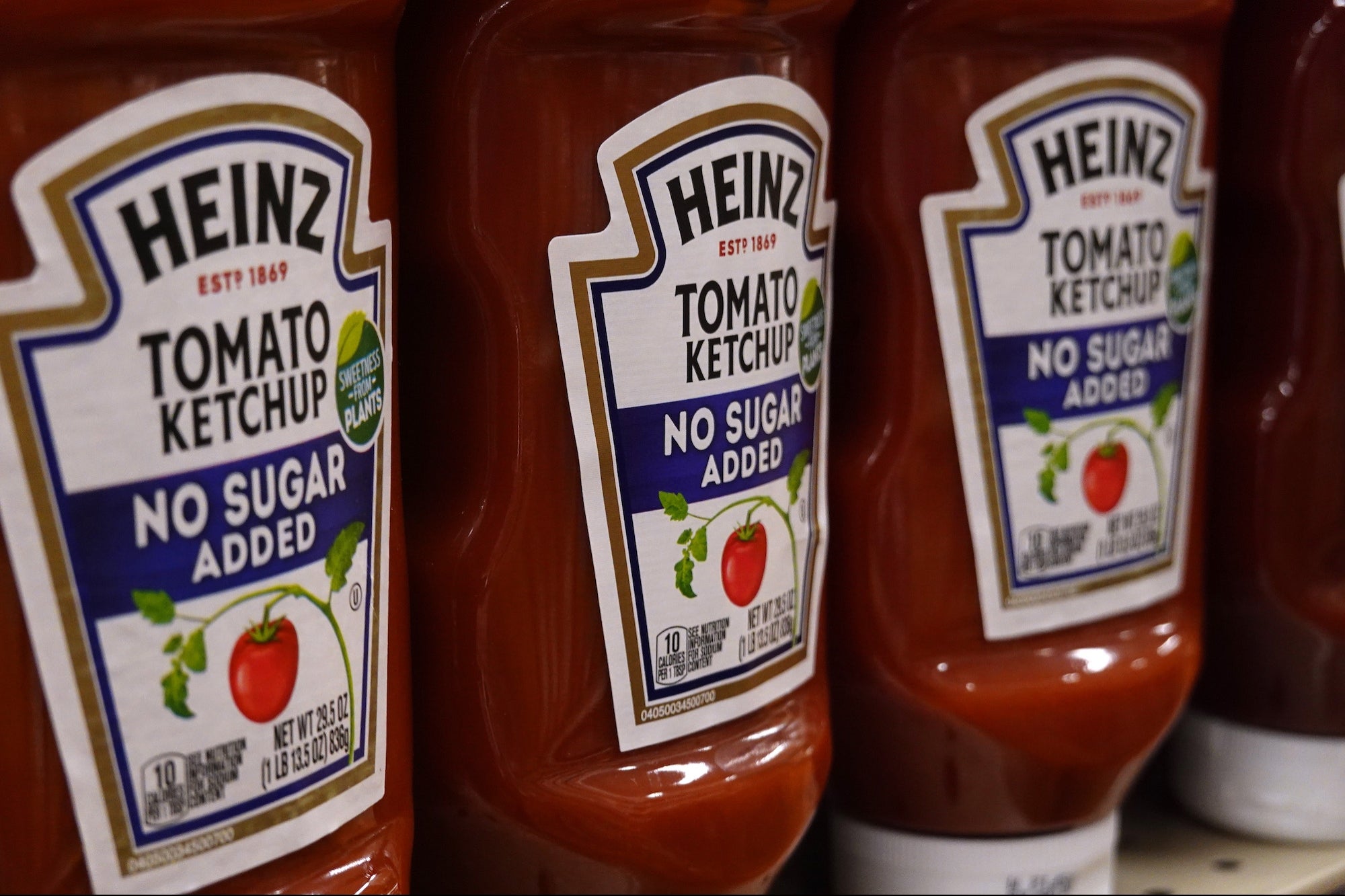The Revolution Will Be Texted Celly builds mobile social networks that can be accessed by any cell phone, unlocking possibilities for group communication during social and political protests.
Opinions expressed by Entrepreneur contributors are their own.

During the December 2011 Occupy protests in Portland, Ore., someone projected the Batman "bat signal" over the crowds onto a building downtown. Then, one night, the signal was replaced by slogans such as "End the Federal Reserve!" and "The revolution will not be privatized!" Like the protests themselves, the messages didn't originate from any one central source. The only clue was that they came from anonymous protesters who were using a revolutionary new social network called Celly.
The Disruptors: 2013
Company: Celly
Big idea: Private networks that bypass the web via messaging
Founded in April 2011 in Portland by Greg Passmore and Russell Okamoto, Celly builds mobile social networks of all sizes, both public and private, that can be accessed by any cell phone with SMS and via a web browser, e-mail and the company's iPhone and Android apps. "Group communication unlocks so many possibilities across the socioeconomic and political spectrums," Okamoto says. "We wanted to build the simplest tool that we could, that would have the broadest, deepest impact on the most people."
The service connects individual users into groups, called "cells." Each individual gets a user name, an alias that ensures his or her phone number remains private. Users can connect with one cell or multiple cells. Public cells, like the Occupy Portland channel, are listed on the Celly website, while private cells are hidden and can be joined only by users who know the group's name. Multiple cells can be linked together, or can "listen" to other cells through a concept called hash-linking, in which specific hash-tagged terms cause other cells to be included on a particular communiqué.
Passmore and Okamoto prototyped Celly in 2008 while working day jobs at data-management firm GemStone Systems in Beaverton, Ore., but it wasn't until their employer was sold to VMWare in 2010 that the duo decided to build out their idea.
"The software we built while working at GemStone was for large corporations--especially Wall Street banks--and that wasn't very rewarding," Passmore says. "We are really motivated by using technology in an egalitarian way, unlocking democracy."
As revolutionary as Celly's goals may sound, its user base so far is mainly institutional. Most users have come from public school districts; high-school coaches use the service to stay connected with student athletes, and teachers employ it to elicit participation from shy students. Portland's city government is another big customer. Through cells for volunteer foot patrols, the Gang Violence Task Force and the Portland Police Bureau, many citizens and city workers are using Celly as well.
However, the service truly gained traction as a power for good in the aftermath of Superstorm Sandy. Emergency responders and volunteers, lacking access to the internet, needed hyper-local coordination, so nearby Occupy Wall Street veterans who were familiar with Celly used the service to coordinate transportation, logistics, food donations, blankets and clothing among 2,500 users. "It captured everyone who wanted to help," Okamoto says--not unlike the bat signal.









